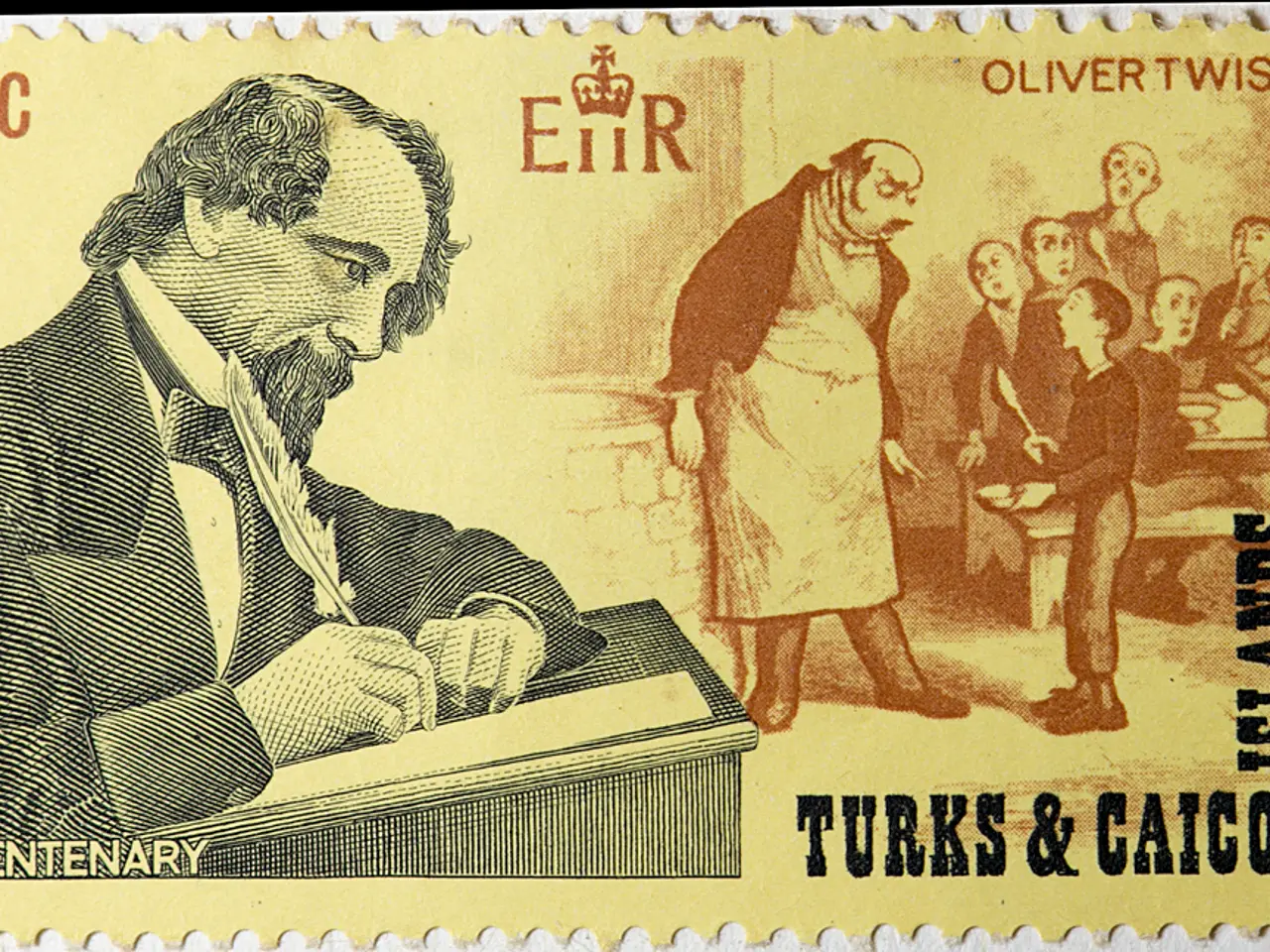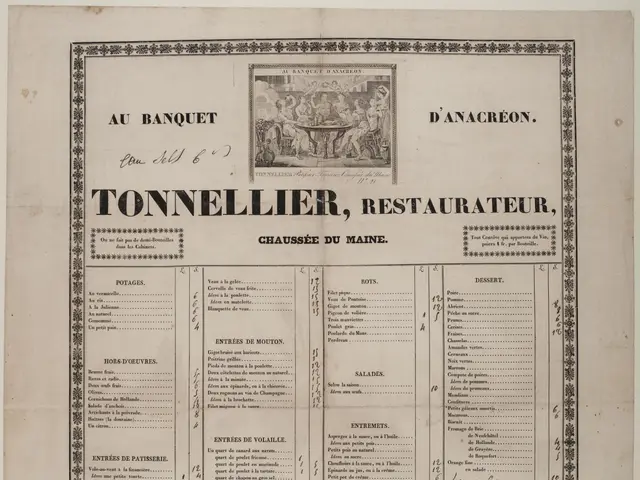International postal services from Europe and Asia will cease deliveries to the US following the expiration of the de minimis tariff exemption.
The Trump administration has announced the end of the de minimis tariff exemption for international carriers shipping goods valued under $800 to the U.S., a move that is causing significant disruption to global shipping services. The new regulation, which goes into effect on August 29, 2020, is linked to the influx of illicit drugs, particularly fentanyl, into the country.
This decision has prompted several postal services outside Europe to pause shipments to the U.S. Post services in Denmark, Sweden, Italy, Austria, France, Belgium, and the U.K. have announced plans to halt shipments, while Australia Post has paused transit on a handful of packages from other countries bound for the U.S. DHL, Europe's largest shipping provider, has also announced it will no longer accept and transport parcels and postal items containing goods from business customers destined for the U.S., effective immediately.
Outside Europe, Asian countries like Singapore and Thailand are holding on to shipments until there's more clarity on the new rules. The halting of shipments underscores the sweeping disruption caused by President Trump's decision to eliminate the de minimis threshold.
The U.S. Customs and Border Protection will be responsible for collecting customs duties on the previously exempted low-value parcels. However, key questions remain unresolved regarding how and by whom customs duties will be collected, what additional data will be required, and how the data transmission to the U.S. Customs and Border Protection will be carried out.
The de minimis tariff exemption for China was ended by the U.S. in May. The White House stated that many Chinese-based shippers hide illicit substances, including synthetic opioids, in low-value packages to exploit the de minimis exemption. Chinese-based fast fashion companies like Temu and Shein have benefited from this exemption.
Meanwhile, the impact of this new regulation on retail giants like Walmart and Target is less clear. Gerald Storch, CEO of Storch Advisors, stated that Walmart is 'winning this game' while Target faces falling sales, messy stores, and leadership turmoil. However, it's unclear how these retail giants will be affected by the new tariff regulations.
As the August 29 deadline approaches, it remains to be seen how global shipping services will adapt to the new regulations and whether the disruption will continue or subside.







